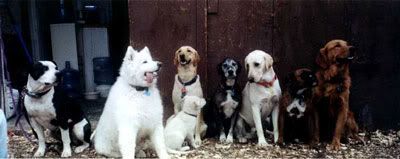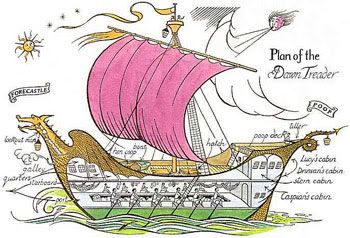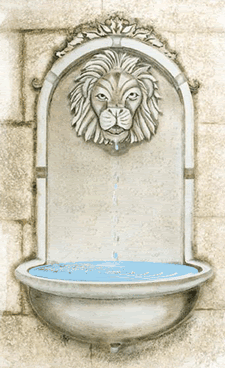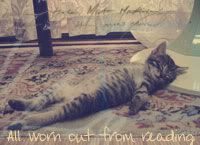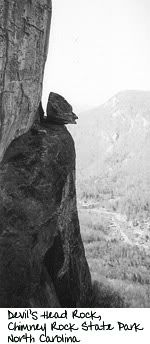 Instead of this, what have we had tonight? There was a municipal authority with Graft sauce. But personally I could not detect in him the flavour of a really passionate and brutal avarice such as delighted one in the great tycoons of the last century. Was he not unmistakably a Little Man -- a creature of the petty rake-off pocketed with a petty joke in private and denied with the stalest platitudes in his public utterances -- a grubby little nonentity who had drifted into corruption, only just realizing that he was corrupt, and chiefly because everyone else did it? Then there was the lukewarm Casserole of Adulterers. Could you find in it any trace of a fully inflamed, defiant, rebellious, insatiable lust? I couldn't. They all tasted to me like undersexed morons who had blundered or trickled into the wrong beds in automatic response to sexy advertisements, or to make themselves feel modern and emancipated, or to reassure themselves about their virility or their "normalcy," or even because they had nothing else to do. Frankly, to me who have tasted Messalina and Cassanova, they were nauseating. The Trade Unionist stuffed with sedition was perhaps a shade better. He had done some real harm. He had, not quite unknowingly, worked for bloodshed, famine, and the extinction of liberty. Yes, in a way. But what a way! He thought of those ultimate objectives so little. Toeing the party line, self-importance, and above all mere routine, were what really dominated his life.
Instead of this, what have we had tonight? There was a municipal authority with Graft sauce. But personally I could not detect in him the flavour of a really passionate and brutal avarice such as delighted one in the great tycoons of the last century. Was he not unmistakably a Little Man -- a creature of the petty rake-off pocketed with a petty joke in private and denied with the stalest platitudes in his public utterances -- a grubby little nonentity who had drifted into corruption, only just realizing that he was corrupt, and chiefly because everyone else did it? Then there was the lukewarm Casserole of Adulterers. Could you find in it any trace of a fully inflamed, defiant, rebellious, insatiable lust? I couldn't. They all tasted to me like undersexed morons who had blundered or trickled into the wrong beds in automatic response to sexy advertisements, or to make themselves feel modern and emancipated, or to reassure themselves about their virility or their "normalcy," or even because they had nothing else to do. Frankly, to me who have tasted Messalina and Cassanova, they were nauseating. The Trade Unionist stuffed with sedition was perhaps a shade better. He had done some real harm. He had, not quite unknowingly, worked for bloodshed, famine, and the extinction of liberty. Yes, in a way. But what a way! He thought of those ultimate objectives so little. Toeing the party line, self-importance, and above all mere routine, were what really dominated his life.
But now comes the point. Gastronomically, all this is deplorable. But I hope none of us puts gastronomy first. Is it not, in another and far more serious way, full of hope and promise?
Consider, first, the mere quantity. The quality may be wretched; but we never had souls (of a sort) in more abundance.
And then the triumph. We are tempted to say that such souls -- or such residual puddles of what once was soul -- are hardly worth damning. Yes, but the Enemy (for whatever inscrutable and perverse reason) thought them worth trying to save. Believe me, He did. You youngsters who have not yet been on active duty have no idea with what labour, with what delicate skill, each of these miserable creatures was finally captured.
~C.S. Lewis, The Screwtape Letters, (1961)
_____________________________________
Cool links of the day:
Virtual Tour of Chimney Rock State Park
Webcam of the Three Sisters, in Alberta, Canada



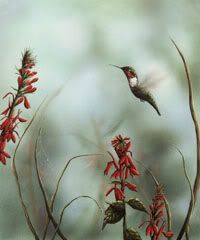
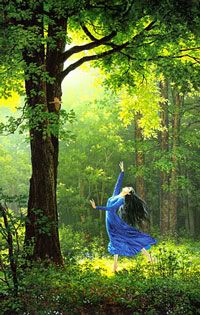



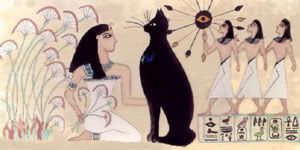

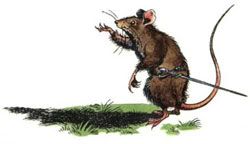

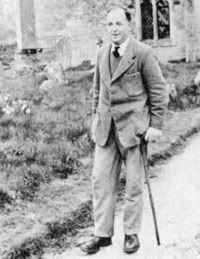

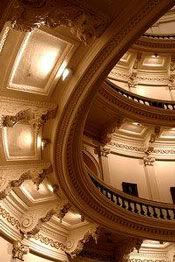 I
I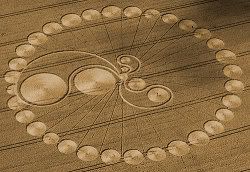 consort simply with the people you like, you will again find that you have come unawares to a real inside, that you are indeed snug and safe at the centre of something which, seen from without, would look exactly like an Inner Ring. But the difference is that its secrecy is accidental, and its exclusiveness a by-product, and no one was led thither by the lure of the esoteric, for it is only four or five people who like one another meeting to do things that they like. This is friendship. Aristotle placed it among the virtues. It causes perhaps half of all the happiness in the world, and no Inner Ringer can ever have it.
consort simply with the people you like, you will again find that you have come unawares to a real inside, that you are indeed snug and safe at the centre of something which, seen from without, would look exactly like an Inner Ring. But the difference is that its secrecy is accidental, and its exclusiveness a by-product, and no one was led thither by the lure of the esoteric, for it is only four or five people who like one another meeting to do things that they like. This is friendship. Aristotle placed it among the virtues. It causes perhaps half of all the happiness in the world, and no Inner Ringer can ever have it.
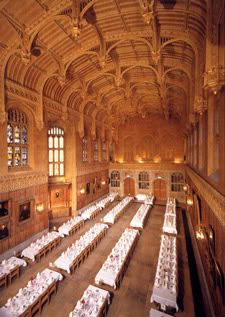
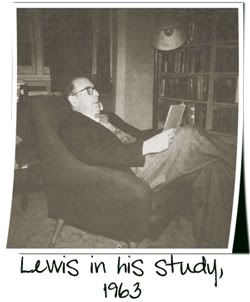 I'm tall, fat, rather bald, red-faced, double-chinned, black-haired, have a deep voice, and wear glasses for reading.
I'm tall, fat, rather bald, red-faced, double-chinned, black-haired, have a deep voice, and wear glasses for reading.

